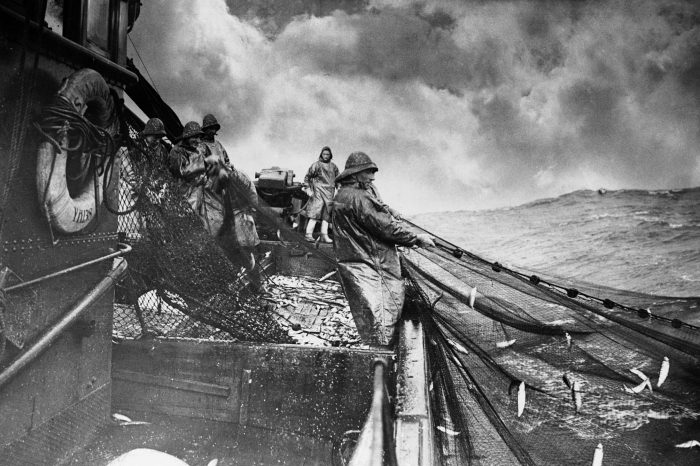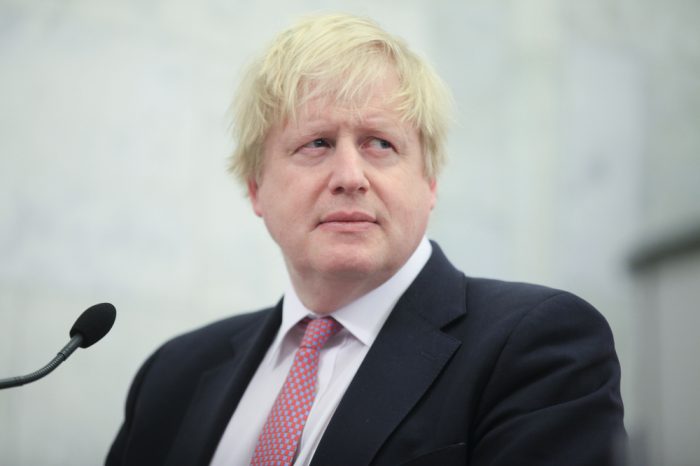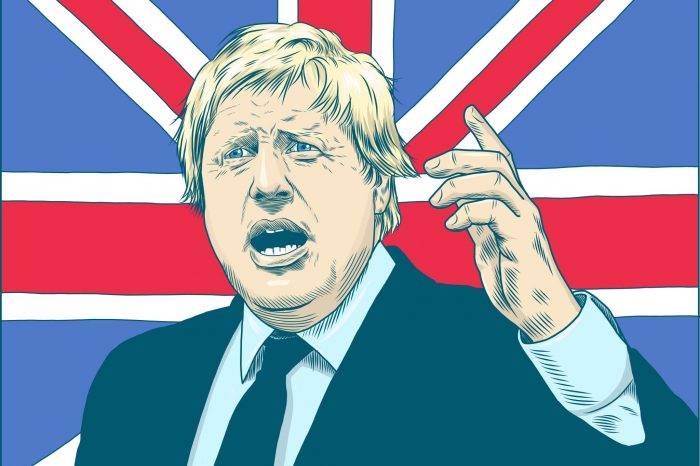Boris and the Great Escape
There is an old joke about the Foreign Office. A tourist visiting London approaches a policeman in Whitehall.
“Excuse me,” says the tourist. “Where is the Ministry of Defence?”
The policeman points along Whitehall. “It’s over there, on the right.”
“Thank you,” says the tourist. “And where is the Treasury?”
“Over there on the left”, says the policeman.
“Ah,” continues the tourist peering along Whitehall. “And which side is the Foreign Office on?”
“It’s on the side of the foreigners,” replies the policeman.
Like many jokes, it has a kernel of truth. It is the job of the Foreign Office to understand foreign governments and foreign peoples, to be able to explain their views and predict how they might react to British actions. Sadly, of course, it can be a short step from empathy to sympathy and individual diplomats and FO officials have made that step perhaps too often.
But Boris’s comment about punishment beatings tells us a lot about himself, and about the Europhiles who have denounced him.
First let’s look at what Boris actually said, rather than what his critics pretend he said. In reply to a question about a comment by the French President suggesting that the UK would be punished by the EU for leaving, Boris said “Look, if Mr Hollande wants to administer punishment beatings to anybody who chooses to escape rather in the manner of some World War Two movie, then I don’t think that is the way forward – and actually it is not in the interests of our friends and our partners.”
The point Boris made is unexceptional. If the EU imposes harsh trade conditions on Britain post-Brexit then that would hurt them at least as much as it hurts us. But rather than look at this truth, the Europhiles have objected to Boris’s metaphor. They complain that he likened Mr Hollande to a Nazi camp guard.
Well, in a roundabout way, perhaps he did. I have no doubt that Boris will have seen The Great Escape, probably more than once. Perhaps he has also seen The Colditz Story, The Wooden Horse, Danger Within or The Password is Courage. In seeking a metaphor, Boris reached to British culture, British histories and British memories of an heroic period in our recent past. He reacted like a Briton, not like a Foreign Office mandarin on the side of the foreigners.
The interesting thing about these movies, in reference to Boris’s comment, is their portrayal of the camp guards. Yes, some are shown as villains, but others are portrayed as relatively decent chaps doing the unpleasant job that the war means that they are ordered to do. The Great Escape, in particular, is sympathetic to the camp commandant. These portrayals are far more lifelike and close to reality than the way that Boris’s critics portray camp guards. To them the camp guards are evil personified. They are “Nazis”, not Germans or Italians. They are sadistic, murderous beings unworthy of the description “human”.
This tells us much about the EU. Rather than confront the reality that it was Germans – along with their collaborators in France, Italy and elsewhere – who did unspeakable things to their fellow humans within living memory, the Europhiles prefer to pretend that such things were done by “Nazis”, some bizarre alien species which had nothing to do with the nice Germans of today.
Only by confronting the reality of the past can the demons be exorcised. Boris has faced the past, knows the reality and can treat it as history. The Europhiles, and the EU corporate mentality, has refused to face the past, still less to learn its lessons.
Boris’s only crime was to speak truth and to be on our side.
Photo by National Museum of Denmark







